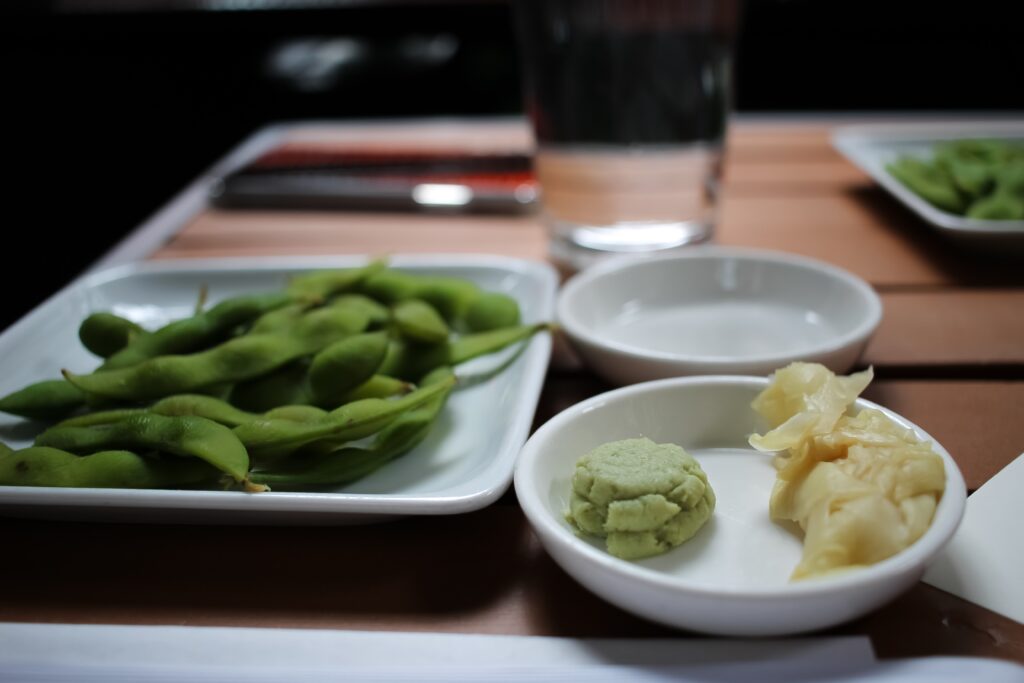Wasabi is a medicine!

The Surprising Health Benefits of Wasabi for Your Brain

Photo by Crystal Jo on Unsplash
Wasabi is packed with antioxidants that fight inflammation.
One of the key compounds in wasabi is a molecule called isothiocyanate, which gives it its unique flavor and heat. This molecule is also a potent antioxidant, which means it can help protect against the effects of oxidative stress and inflammation. In fact, research has shown that consuming wasabi can help reduce the markers of inflammation in the body, including CRP and TNF-α. This is important for brain health, as chronic inflammation is thought to play a role in the development of cognitive decline and neurodegenerative diseases.
Wasabi can improve cognitive function.
In addition to its antioxidant properties, wasabi has also been shown to boost cognitive function. A 2017 study found that participants who consumed a single dose of wasabi powder showed improvements in their attention and cognitive processing speed. This effect is thought to be due to the way that isothiocyanate interacts with neurotransmitters in the brain, increasing the activity of brain cells. This makes wasabi a promising food for those looking to improve their focus and concentration.
Wasabi may protect against Alzheimer’s and Parkinson’s.
Finally, there is evidence to suggest that consuming wasabi on a regular basis may help protect against neurodegenerative diseases such as Alzheimer’s and Parkinson’s. One study found that isothiocyanate was able to prevent the formation of protein aggregates in the brain, which is a hallmark of these diseases. Another study found that isothiocyanate was able to improve spatial learning and memory in mice with Alzheimer’s disease. While more research is needed, these findings suggest that wasabi may be an important food for brain health.

Photo by Beth Macdonald on Unsplash
Wasabi isn’t just for sushi.
If you’re ready to start incorporating wasabi into your diet, you don’t have to stick to sushi rolls. Wasabi can be used in a variety of recipes, from dips and dressings to marinades and sauces. You can also find wasabi powder at your local health food store, which can be added to smoothies, soups, and other dishes. Just be sure to start small and work your way up, as wasabi can be quite spicy!
It’s important to prioritize brain health.
Finally, it’s worth remembering the importance of brain health. As we age, cognitive decline and neurodegenerative diseases become increasingly common. However, there are steps we can take to protect our brains and enhance our cognitive function. Eating a diet rich in foods like wasabi, which are high in antioxidants and other brain-protective compounds, is one of these steps. By prioritizing brain health, we can ensure that we age gracefully and maintain our cognitive abilities for years to come.
In conclusion, wasabi is a food that offers a surprising number of health benefits, especially when it comes to brain health. By consuming this pungent plant, you can enhance your cognitive function, ward off neurodegenerative diseases, and protect against inflammation in the body. Whether you’re a sushi lover or not, it’s worth considering adding wasabi to your diet in order to reap these benefits. By doing so, you’ll be taking an important step towards prioritizing your brain health and aging gracefully.
